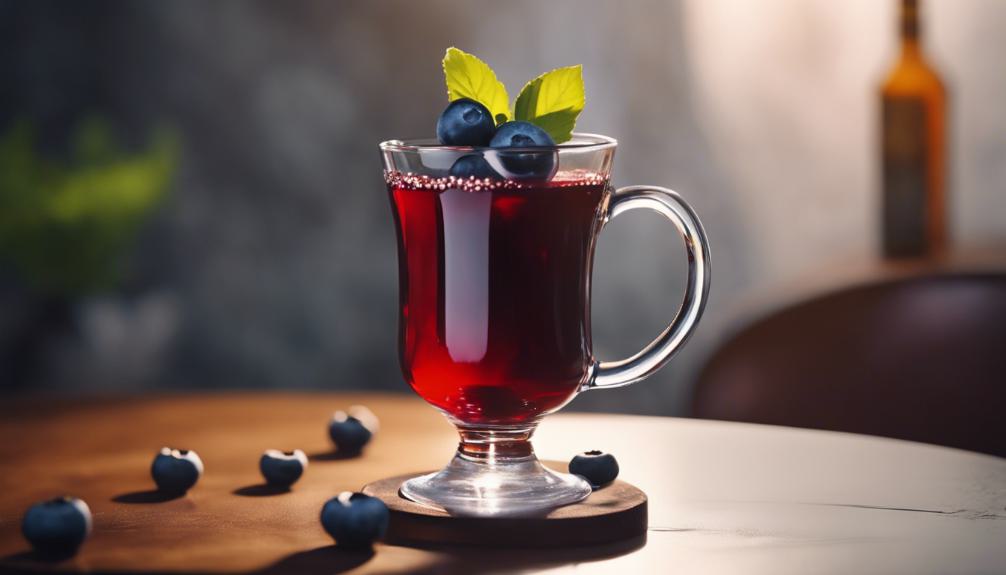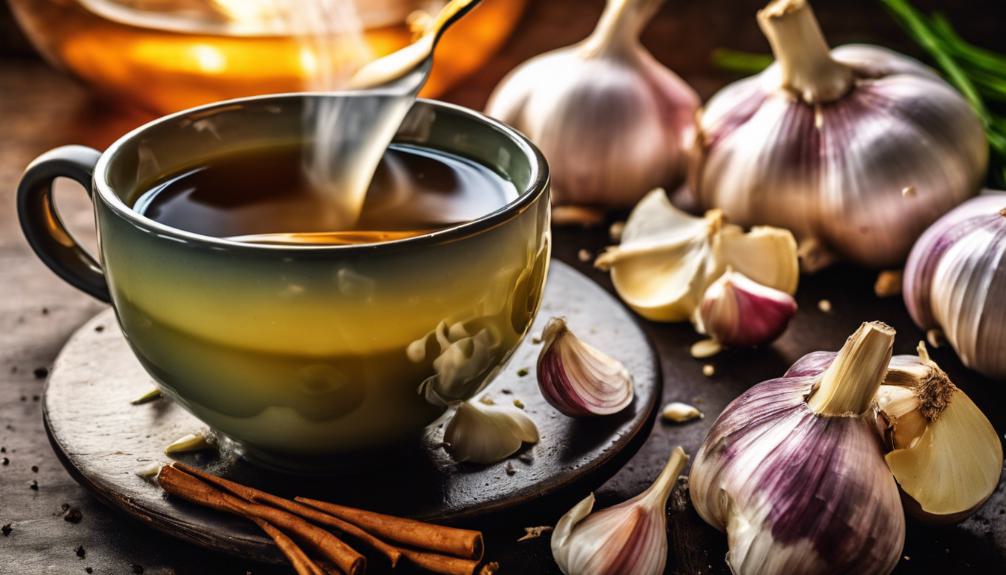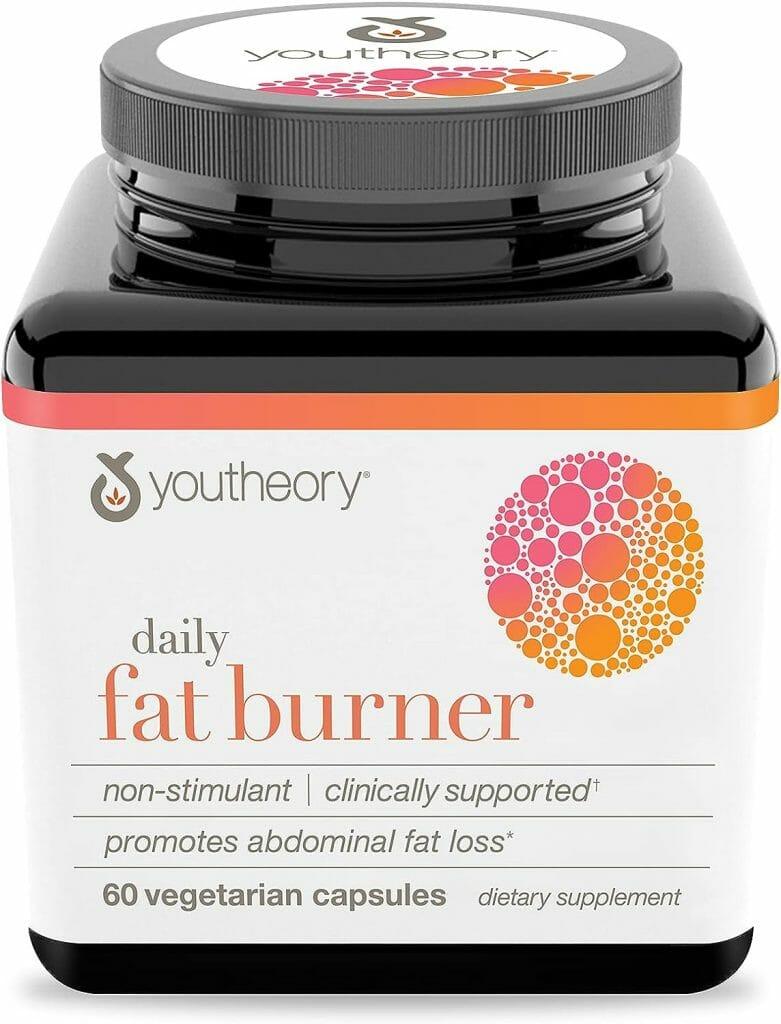After your teeth whitening, avoid acidic foods like citrus fruits, which weaken enamel. Stay away from sugary treats such as candies, attracting bacteria leading to staining. Skip dark-colored beverages like coffee and red wine that can discolor teeth. Say no to damaging pickles and sodas that erode enamel with high acidity. Be cautious of dark chocolates, as they contribute to tooth discoloration. Opt for white or milk chocolates instead. Protect your bright smile post-whitening by steering clear of these foods causing stains and enamel damage. Learn more about maintaining your dazzling smile by being mindful of your post-whitening diet.
Acidic Foods to Steer Clear From
To maintain the health of your teeth post-whitening, it’s essential to steer clear of acidic foods that can compromise enamel integrity. Acidic foods like citrus fruits and vinegar-based products can lead to enamel damage, increased tooth sensitivity, staining, and decay, ultimately impacting the longevity of your whitening results.
Protect your enamel by avoiding these foods to prolong the effects of your teeth whitening treatment.
Sugary Treats to Skip
Avoid sugary treats like candies and cookies after teeth whitening to protect your enamel and prevent tooth decay. Opt for non-sugary snacks to satisfy your sweet cravings without compromising the results of your whitening treatment.
Sugary Impact on Enamel
Indulging in sugary treats post-teeth whitening can compromise the newly achieved brightness and strength of your enamel.
- Refined sugar in treats attracts bacteria, leading to enamel weakening and decay.
- Bacteria from sugary treats can cause staining on newly whitened teeth.
- Porous teeth post-whitening are more vulnerable to decay.
Remember to avoid cookies, cakes, and chocolates to prevent enamel weakening and discoloration.
Alternatives for Sweet Cravings
After steering clear of sugary treats to protect your enamel post-teeth whitening, consider exploring healthier alternatives for satisfying your sweet cravings.
Skip dark chocolate due to its high sugar content that can contribute to tooth discoloration.
Avoid sugary snacks to prevent bacteria attracted to sugar from causing staining on newly whitened teeth.
Opt for treats without refined sugars to maintain whitening effects and promote oral health.
Dark-Colored Beverages to Avoid

Dark-colored beverages such as coffee, red wine, and cola are known to stain teeth due to their high tannin content.
Coffee and black tea, in particular, can be especially detrimental to the brightness of your teeth after whitening.
Avoiding these beverages post-treatment can help maintain the whiteness of your smile for longer.
Coffee Stains Teeth
Coffee, due to its tannins and acidity content, has the potential to darken and stain your teeth.
- Using a straw can minimize direct contact with teeth.
- Lighter coffee options or adding milk can reduce staining effects.
- Post-teeth whitening, limiting coffee intake can help maintain a brighter smile.
Red Wine Discoloration
To prevent significant staining on your teeth, it’s advisable to avoid consuming red wine post-teeth whitening due to its acidic compounds and dark pigments.
Red wine’s acidity can weaken enamel, making teeth more prone to discoloration. Consuming red wine after whitening treatments can undo the whitening effects, leading to visible stains.
Dark-colored beverages like red wine should be avoided to maintain a bright smile post-whitening.
Soda Darkens Enamel
If you want to maintain a bright smile after teeth whitening, steering clear of soda is essential as it can darken enamel due to its highly staining colors and acidic nature.
- Dark-colored beverages like soda contain highly staining colors that can darken enamel.
- The acidity and pigments in sodas contribute to surface stains on teeth.
- Consuming dark sodas post-teeth whitening can compromise the brightness of your smile.
Damaging Pickles and Sodas

Indulging in pickles and sodas after teeth whitening can pose risks to your dental health due to their high acidity levels and potential to erode enamel. Pickles, being acidic, can lead to enamel erosion, tooth sensitivity, and discoloration. Sodas, especially dark colas, contain sugar and acids that harm enamel, promoting staining and discoloration. Avoid these damaging foods post-teeth whitening to maintain your bright smile.
| Pickles | Acidic | Enamel Erosion |
|---|---|---|
| Tooth Sensitivity | Discoloration | Sodas |
Chocolates That Can Discolor
Dark chocolates, with their tannins and chromogens, are known to contribute to tooth discoloration. When indulging, consider the cocoa content as it can lead to stains on your teeth.
Dark chocolates are more likely to leave residue, affecting your white smile. Opt for white or milk chocolates instead to maintain the effects of your teeth whitening treatment.
Foods High in Tannins to Pass On

Pass on foods high in tannins like tea, coffee, and red wine to maintain your white smile after teeth whitening. Tannins in these beverages bind to enamel, causing stains and reducing whitening effects. Dark-colored beverages rich in tannins, such as red wine, can counteract the whitening process. Avoiding tannin-rich foods post-whitening can help preserve the brightness of your smile.
| Tannin-Rich Foods | Examples |
|---|---|
| Tea | Black Tea |
| Coffee | Espresso |
| Red Wine | Merlot |
Sensitivity-Increasing Culprits
After teeth whitening, be cautious of consuming acidic foods like citrus fruits and tomatoes as they can increase tooth sensitivity.
Watch out for sugary foods such as chocolates that can also lead to discomfort.
Additionally, dark-colored beverages like sodas and pickles, high in acid and sugar content, can intensify tooth sensitivity.
Be mindful of these culprits to avoid unnecessary discomfort after whitening treatments.
Frequently Asked Questions
What Foods Should You Avoid After Teeth Whitening?
After teeth whitening, avoid dark beverages like coffee and red wine, acidic foods such as citrus fruits, sugary treats like candies, dark chocolates, and hard foods like nuts. Stay away from anything that could stain or weaken your enamel.
How Soon After Teeth Whitening Can I Eat Normally?
After teeth whitening, you can eat normally within 48 hours. Stick to light-colored or white foods to prevent staining. Avoid dark or acidic items to maintain your whitening results. Waiting helps your teeth recover.
What Are the Dos and Don’ts After Teeth Whitening?
After teeth whitening, avoid dark beverages like coffee and red wine, acidic foods such as citrus fruits, sugary treats like candy, and hard/crunchy items. These can stain, soften enamel, cause decay, and compromise results.
Can I Eat Scrambled Eggs After Teeth Whitening?
Yes, you can eat scrambled eggs after teeth whitening. They are a safe and nutritious option. The soft texture is gentle on your teeth and gums. Enjoy the benefits of Vitamin D and protein without compromising your whitening results.
Conclusion
To sum up, it’s crucial to avoid acidic foods, sugary treats, dark-colored beverages, damaging pickles, and sodas. Also, stay away from chocolates that can discolor, foods high in tannins, and sensitivity-increasing culprits after teeth whitening.
By steering clear of these items, you can help maintain your bright, white smile for longer. Remember to follow your dentist’s recommendations and practice good oral hygiene to keep your teeth looking their best.
Your efforts will be rewarded with a healthier, more vibrant smile.








Leave a Reply
You must be logged in to post a comment.